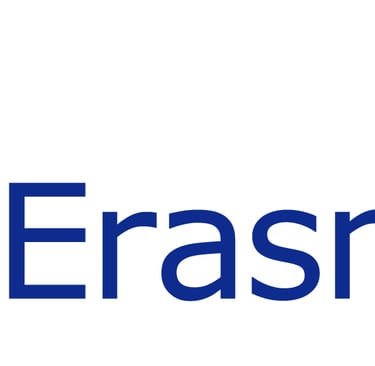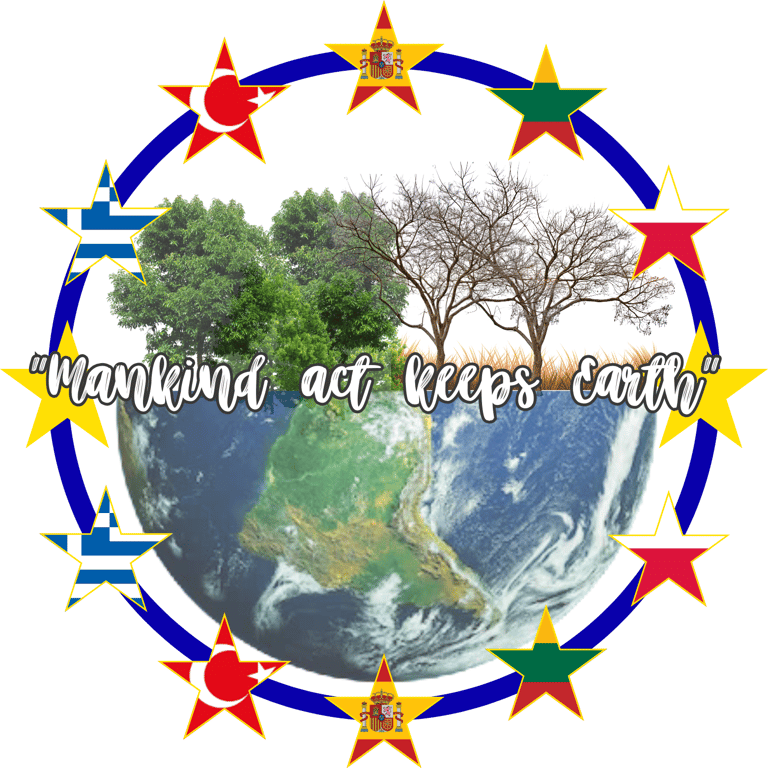What is Erasmus+?
Erasmus+ is the EU's programme to support education, training, youth and sport in Europe.
It has an estimated budget of €26.2 billion. This is nearly double the funding compared to its predecessor programme (2014-2020).
The 2021-2027 programme places a strong focus on social inclusion, the green and digital transitions, and promoting young people’s participation in democratic life.
It supports priorities and activities set out in the European Education Area, Digital Education Action Plan and the European Skills Agenda. The programme also
supports the European Pillar of Social Rights
implements the EU Youth Strategy 2019-2027
develops the European dimension in sport


Opportunities
Erasmus+ offers mobility and cooperation opportunities in
higher education
vocational education and training
school education (including early childhood education and care)
adult education
youth
sport




Erasmus + project, Summarize this sentence: "Mankind Act Keeps Earth" is a small-scale partnership project coordinated by CES Samaniego from Spain. Partners include Adnan Menderes Ortaokulu from Türkiye, Szkola Podstawowa Nr 5 im Plk Stanislawa Sitka from Poland, Kauno Tado Ivanausko Progimnazija from Lithuania, and Social Youth Development Civil Nonprofit Society from Greece.
Opportunities for organisations
Organisations wanting to participate in Erasmus+ may engage in a number of development and networking activities, including strategic improvement of the professional skills of their staff, organisational capacity building, and creating transnational cooperative partnerships with organisations from other countries in order to produce innovative outputs or exchange best practices.
In addition, organisations facilitate the learning mobility opportunities for students, education staff, trainees, apprentices, volunteers, youth workers and young people.
The benefits for involved organisations include an increased capacity to operate at an international level, improved management methods, access to more funding opportunities and projects, increased ability to prepare, manage, and follow-up projects, as well as a more attractive portfolio of opportunities for learners and staff at participating organisations.
